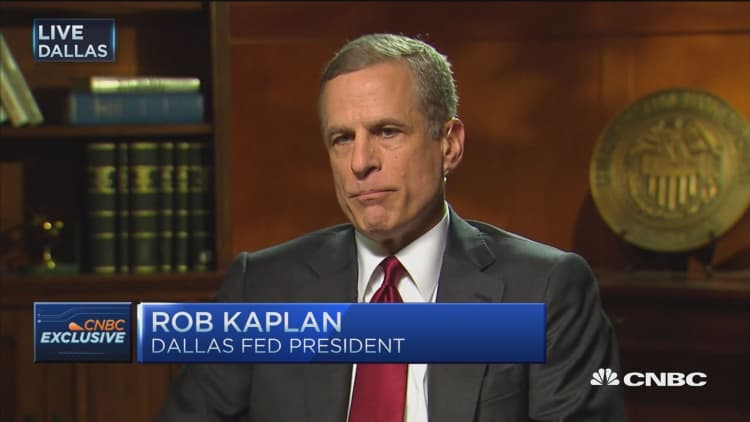
MetLife scored a major coup earlier this year when it was able to persuade regulators to remove it from a list of institutions that are too big to fail and thus subject to tighter scrutiny. Now, some of its peers may face increased pressure to follow suit.
Shedding the onerous label of being a Systemically Important Financial Institution marked a milestone both for MetLife and the insurance industry. The list, an outgrowth of the financial crisis and an effort by regulators to rein in big Wall Street institutions, puts financial firms under the microscope of the Fed and the Financial Stability Oversight Council.
Among other things, the 2014 designation subjected MetLife and the other two insurers on the list, American International Group and Prudential, to stress tests and capital requirements along the lines of those applied to major banks. MetLife had argued that the Treasury Department's decision to include the firm on the SIFI list was arbitrary and capricious and that MetLife did not pose a systemic risk along the lines of big banks.
Though the Treasury Department has appealed the ruling, it may have to fight the battle on multiple fronts. Ratings firm Moody's believes investors are going to continue to pressure Prudential and AIG into trying to get off the SIFI list as well.
"We expect the MetLife court decision to increase shareholder pressure on the remaining U.S. insurance companies to challenge their SIFI designations," Moody's analysts said in a report this week.
AIG already has faced pressure in that regard.
Activist investor Carl Icahn over the past several months has pushed AIG to get "smaller and simpler." In doing so, he has gotten the insurer, which was bailed out during the crisis, to expand its board by two to 16 members. One of the new members is an Icahn ally while the other is hedge fund manager John Paulson.
Icahn has a 3.9 percent stake in AIG, according to the latest 13F filings with the Securities and Exchange Commission. Paulson has a 1 percent stake.
At the corporate level, there has yet to be extensive pressure to shed the SIFI designation.
Moody's pointed out that AIG has narrowed its focus and returned $25 billion of cash to investors, in addition to the board expansion.
"We believe these steps reflect AIG's general push to improve shareholder returns rather than concerns about its SIFI status," Moody's said. "Should AIG's SIFI status impede these plans in any way, we expect the company would be more motivated to challenge the designation."
AIG did not immediately respond to a request for comment, but its CEO, Peter Hancock, told CNBC in April that the MetLife decision could open the door to a challenge.
Prudential faces less pressure from activists, but the non-SIFI status of competitor MetLife could push Prudential to action, though the firm has indicated no actions to do so. Prudential representatives did not return a request for comment.
"Unlike MetLife, Prudential has said that it is not interested in divesting its core retail businesses, which include products that have the most uncertainty related to capital charges," Moody's said. "All that said, given the cost of compliance and the uncertainty related to future capital levels associated with federal regulation, shareholders — echoing AIG's activist shareholders — could place pressure on Prudential to challenge the SIFI designation."
Interestingly, MetLife's ability to escape the SIFI label has had only modest benefits for its share price. While the stock is up about 3 percent since the decision came down March 31, the Nasdaq KBW Bank Index has risen nearly 10 percent over the same period and the SPDR S&P Insurance exchange-traded fund, which tracks the industry, has gained more than 5 percent.




